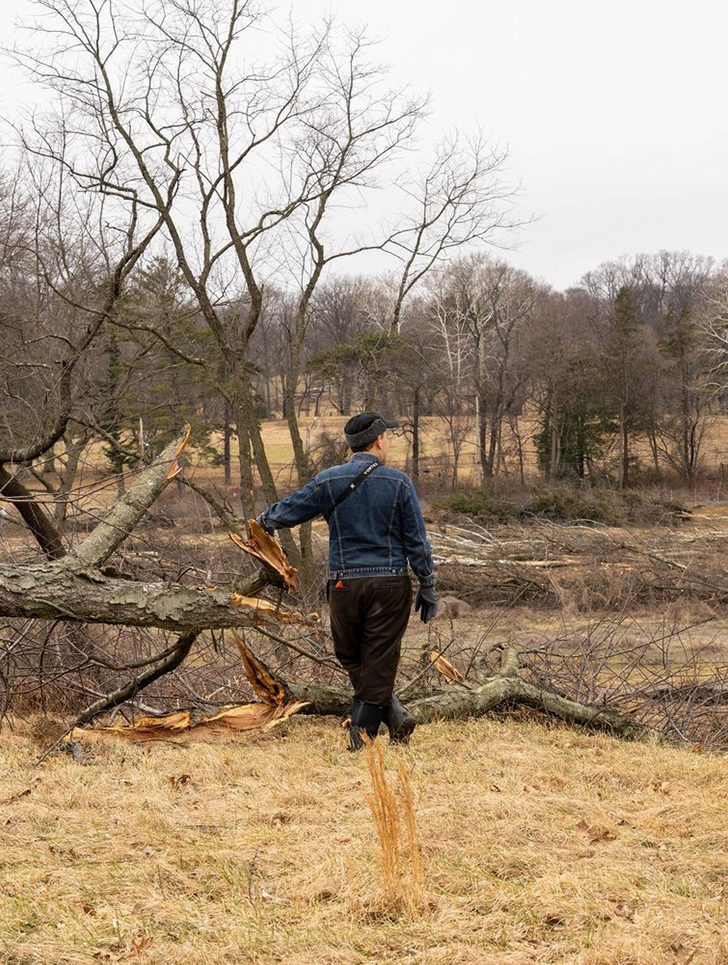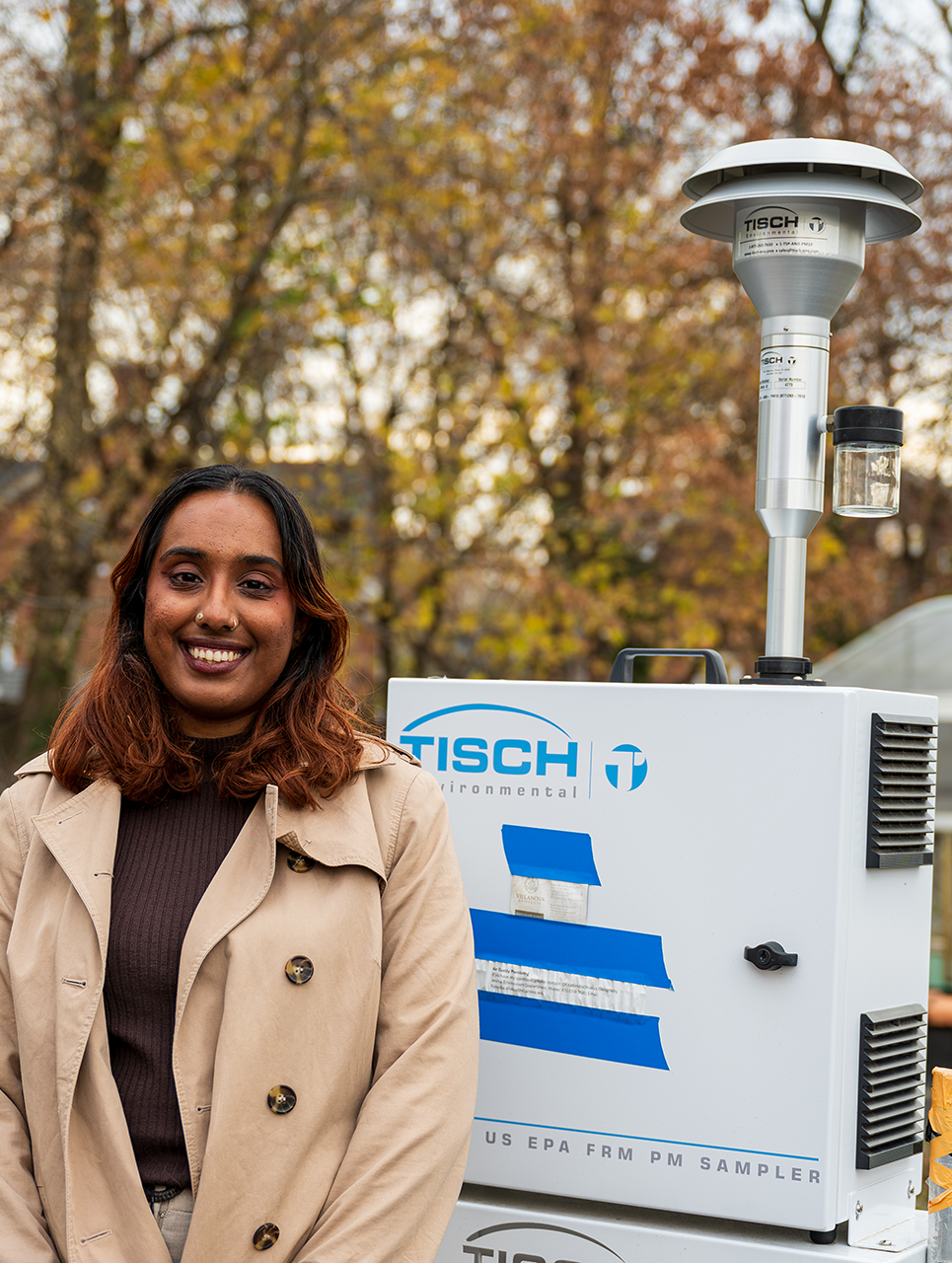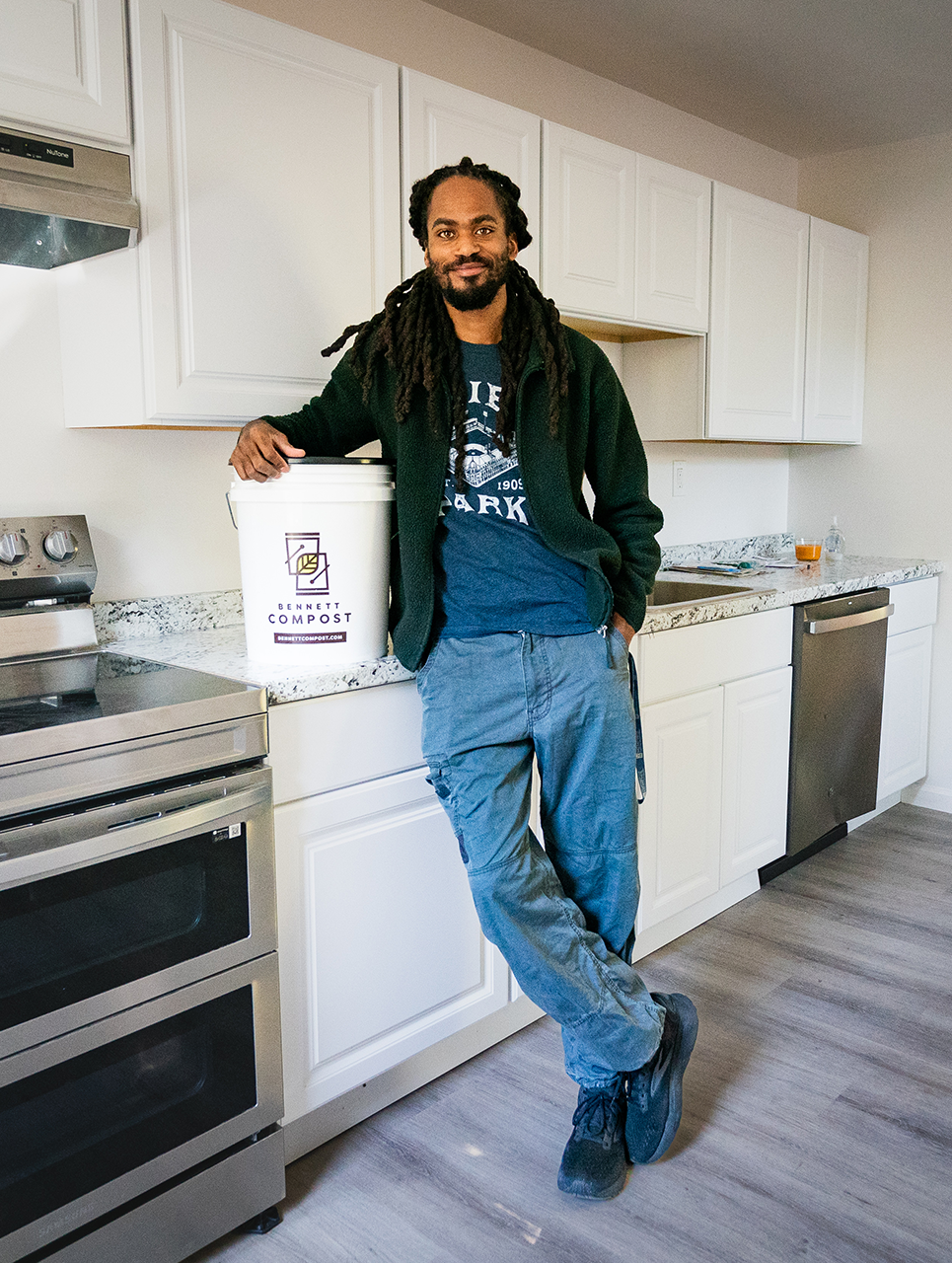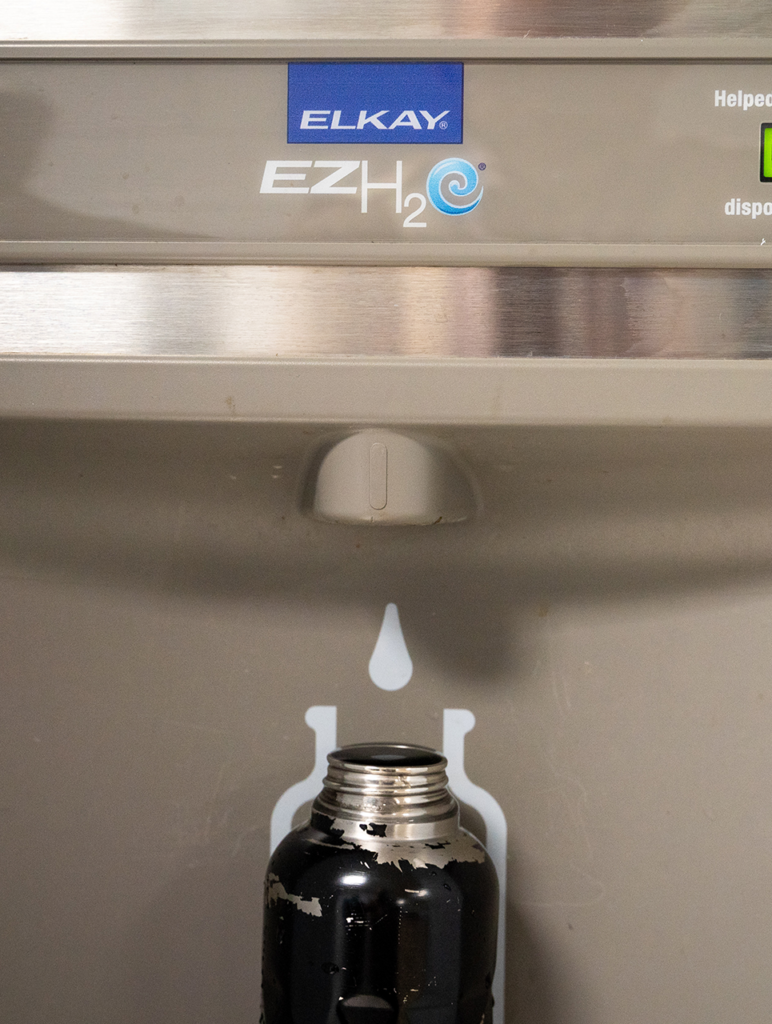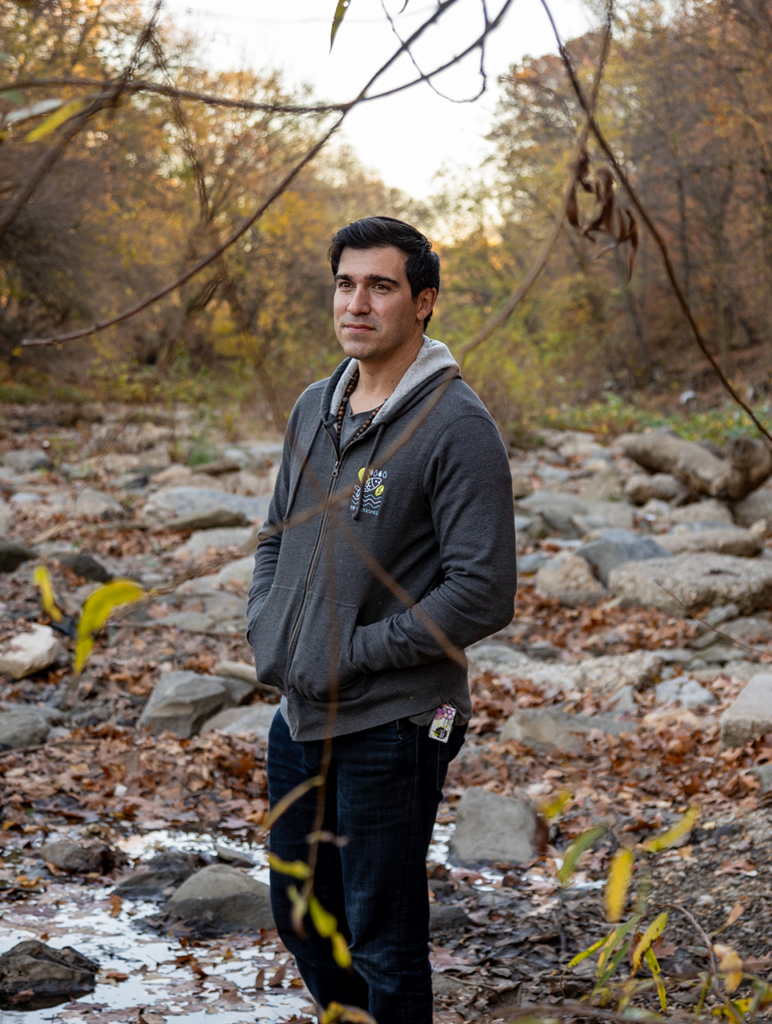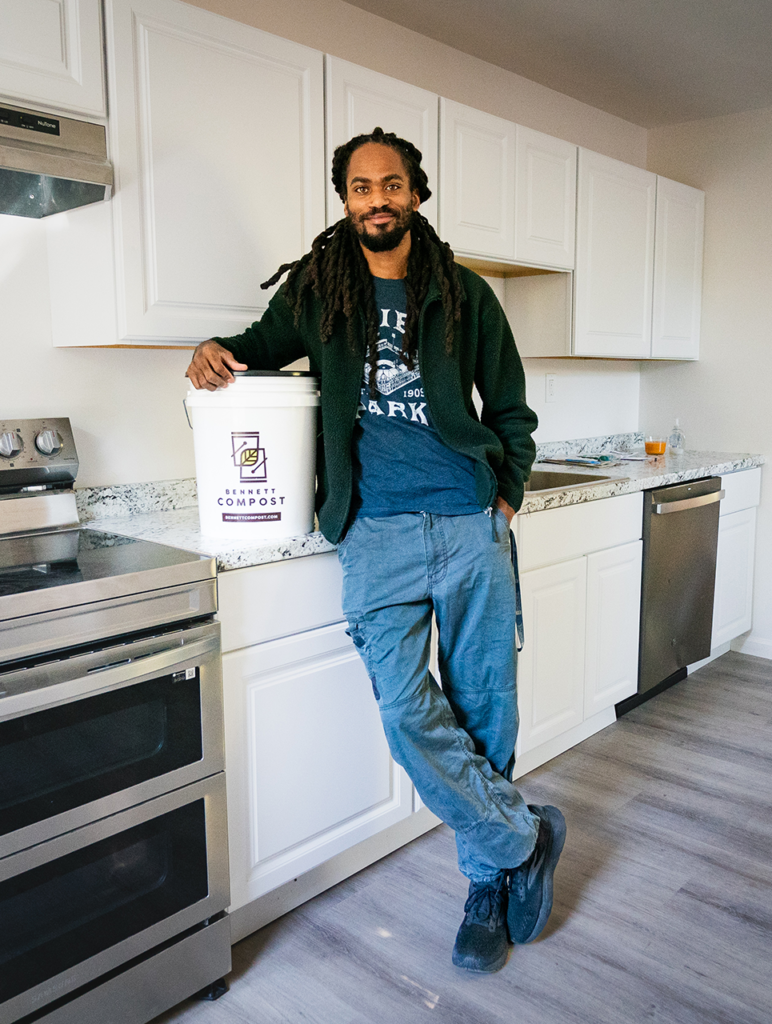What’s more important, jobs or health?
The question nominally sits at the heart of the struggle to ban smoking in casinos in Pennsylvania and New Jersey, covered by Rebecca McCarthy in this issue. The people who work at casinos say they should not have to breathe tobacco smoke at work, since that can lead to cancer and worsen all sorts of lung and cardiovascular illnesses. The opponents of the bans — casino owners, joined by unions representing some casino workers — say it would cost jobs to ban smoking.
As someone who hasn’t been inside a casino since the 1980s (literally, as in the one time, on a family trip down the Shore, my Dad and I stepped off the Atlantic City boardwalk and into a casino so I could see what was inside the huge, windowless building), I honestly hadn’t realized smoking was still allowed.
The negative health impacts of secondhand smoke have been well known for decades, and New Jersey and Pennsylvania passed bans on smoking inside businesses in 2006 and 2008, respectively, though with loopholes for casinos.
Why should casinos cling to this exemption when plenty of other formerly smoky businesses like bars and restaurants have thrived without it? Casinos lack windows so that patrons entranced at slot machines don’t notice time passing. I suspect that they never want gamblers to step outside for a cigarette, see the sun has set and realize that they’ve been there too long. Nicotine addiction can’t be allowed to interfere with the gambling habit casinos depend on.
But what about the jobs? As a rule, I dismiss any industry complaint that jobs could be lost due to proposed health, safety or environmental regulation. For one thing, the companies or industry groups claiming that jobs will be lost aren’t in the business of creating jobs or building a healthy economy. If they could make more money without employees, they would. For another thing, losing jobs in one company or industry doesn’t mean they won’t be gained in another. Smokers might gamble a tad less if they had to step outside to have a cigarette, but they’d spend that money somewhere else, maybe on some other form of entertainment. The question of economic impact is further complicated by the case of Parx Casino, which lost some customers when it banned smoking but made up the lost business with customers who prefer smoke-free spaces. In any case, the casinos might take a hit, but the economy wouldn’t.
It’s not jobs we should be worried about saving, it’s lives.
And, as I’ve argued in these pages before, there’s also something coercive about focusing on jobs rather than the material benefits (money to pay for food, shelter and other needs) and psychological benefits (a sense of security and of purpose) that they provide. An industry that is willing to risk the lives of its workers in order to more thoroughly enthrall its customers is particularly reprehensible.
As Arline Geronimus makes clear in her book “Weathering: The Extraordinary Stress of Ordinary Life in an Unjust Society,” too many people in our society live shorter, sicker lives because racism, poverty and the impossible task of balancing work and family demands grinds them down. We need to ask how we can ensure secure well-being, not what people who have been stricken, often at a young age, by chronic illnesses can do to help themselves (especially if the answer is to work longer hours at risky jobs). We have to ensure that we meet needs, jobs or no jobs. Saving workers from breathing toxic air should be the bare minimum.

